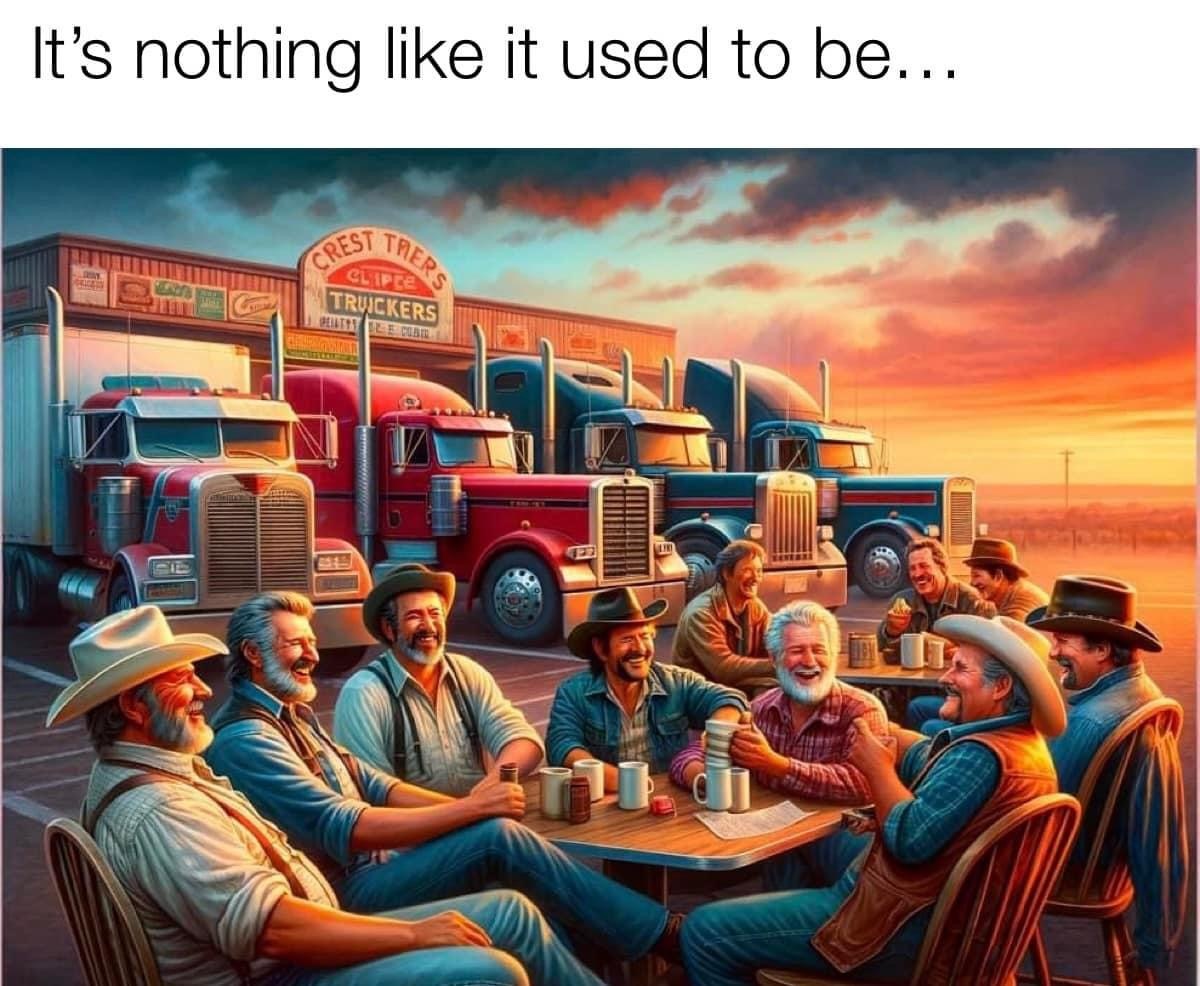I upvote genuinely good posts/commentd that I like but aren’t save-worthy. That way I can find them later via my upvoted posts on my profile.
quarrk
You should be able to get into Russia by bus across the Estonian border. Not sure about how you’d get around inside Russia but at least you don’t have to fly.
This probably goes without saying, but to analyze why the “easy” version feels so shit. It loses information. A book transformed in this way would be a different book.
- Narrator no longer identifies youth with vulnerability
- The father’s statement is no longer advice. It could just be him saying “ligma”
- The visual metaphor of physically inspecting a thought-object is lost
Historical materialism
I agree with the skepticism but it’s a little more complicated than that, I think. It could still benefit the bourgeoisie to keep the US labor force in a system of debt peonage. The workers are paid a wage that exceeds the value of labor power, but that money eventually returns in the form of interest. The main point of Hudson is that the West is highly financialized and receives value primarily through economic rent (value transfer) rather than surplus value (value creation through industry).
One of the reasons shit is so expensive in the US is precisely because of the artificially high price of land which allows landowners to extract rent from individuals and businesses. This shows up in high cost of goods and in very large mortgages.
I have heard this thought experiment before. I think the answer is that there is no perfectly rigid rod. The nudge at one end travels down the rod as a pressure wave at the speed of sound of the material, which will be much slower than the speed of light. And in reality, centripetal force would tear apart a rod well before its tips rotate at light speed.
👍 I will add to my reading list
I haven’t read that Cope book (unfortunate name lol) but seems kinda dubious to say that all western workers are labor aristocratic.
Is the logic that the average US daily wage is higher than the value of the goods produced during the working day, therefore workers are being overpaid for their labor power?
The problem I have is that in Marx, the value of labor-power is flexible, because politically determined. Its value is the value of the goods required for its reproduction, at a certain standard of living. And because it costs more to live in countries like the US, the value of labor power for US workers really is higher.
I would of course agree that it isn’t fair that this is the case, but the reason things are “cheap” in peripheral countries is in large part because of US fuckery which relatively weakens their currencies. This weakening of currencies doesn’t suddenly convert the entire US proletariat into labor aristocrats… IMO. It really feels nonsensical to look at it this way when so many US workers are in poverty.
Is the point that it shouldn’t work that way, but it does?
It feels intuitive to me because this is how gears work. The speed where the teeth mesh must be the same if they are locked, so a gear fitted to another with half the radius will rotate at half the angular rate of the second gear.
Well written fan fic. Subscribe
Synthesis: something might not happen









The infographic makes sense if it refers to median instead of mean. Changing wealth distribution does change median wealth.
The infographic cites the Credit Suisse Global Wealth Databook 2019^1, I think specifically Table 2-4.
Page 130, section 4.2 states that the global wealth per adult (mean) is $70,850 for mid-2019. To recover the numbers from the bottom map in the infographic, look in Table 2-4 for the median wealth per adult.
As an example, the infographic has the Philippines becoming 26x wealthier. Table 2-4 shows mid-2019 median wealth of $2,618. Computing the numbers, (70850-2618)/(2618) gives 26. Indonesia, with a median wealth of $1,977, works out to 35x — same as the infographic.